On April 10, some of the biggest names in competitive Counter-Strike gathered in the Twitch offices in San Francisco to discuss launching a “super league” for the game. But as the organizations were at the negotiating table, words of the talks leaked, and they were revealed in pair of joint reports in the Daily Dot and HLTV. Backlash from the community was swift and outraged, as much of the game’s huge fan base worried that an exclusive league would strangle the game just as it was experiencing an extraordinary resurgence.
After the story leaked, however, the talks were put on hold. And since then there’s been a slight air of distrust and some political posturing from all involved. There’s a chance that nothing will come from these behind-scenes meetings. As such, no-one has been willing to go on the record and tell the story from their point of view. Getting to the truth of the matter has been no easy task; each source I’ve spoken with has had a slightly differing version of the story that best reflects their own interests. I have held multiple conversations with sources at all levels, however, and below I present the broad strokes of what happened in as balanced a retelling as possible under the circumstances.
One thing that’s is that several parties are looking to use the media to their benefit. The powerbrokers can’t appear greedy or unconcerned with the ever-fragile esports ecosystem. Team owners, meanwhile, are always looking for the best deal to sustain their organization, and as such want other potential paymasters to know they’re open to other such deals. All has to be done in as pragmatic a way as possible, without upsetting anyone or potentially scuppering the deal. After a few weeks separating the wheat from the chaff, this is as complete and unbiased an overview as we’re likely to get.
How it came together
Several things happened behind the scenes to create a sense of urgency on the weekend of April 10. First, and most crucially, key gaming organizations formed an unofficial union for the purposes of collective bargaining. These included groups best known for success in League of Legends, namely Counter Logic Gaming, Team Solo Mid, and Cloud9, along with Team Liquid, which acquired the former Curse team owned by Steve Arhancet.
Long before these groups came together, Na’Vi owner Oleksandr “ZeroGravity” Kokhanovskyi had begun talking with other tournament organizers about the possibility of an exclusive “super league.” Kokhanovskyi had several negative experiences at events—most famously Copenhagen Games, where a crucial tiebraker was ruled against his team, and which he later vowed to boycott.
And this was a catalyst for him to work on putting more power in the hands of teams. “I was thinking about the concept of an association for a long time,” he said in an interview with HLTV. “The situation at CPH Games just gave me some extra motivation and confidence to take action.” Kokhanovskyi had made a loose proposal along the lines of the current deal to DreamHack last year.
Kokhanovskyi let met with a group of North American owners as they took their tentative steps into the Counter-Strike scene, they realized their interests aligned. Kokhanovskyi also apparently acted as a go between to bring Fnatic, Virtus Pro, Titan, and Ninjas In Pyjamas to the table, which also wanted to be involved in these negotiations. Preliminary talks occurred during the Katowice event in March.
Meanwhile, fantasy esports site Vulcun was exploring the possibility of establishing a controlling interest in a league. It already had a sizeable sponsorship in place with the Faceit league, and recently secured another round of venture capital worth $12 million from a number of major investors, including Sequoia Capital and Matrix Partners.
A few weeks before the April 10 meeting, Vulcun had preliminary conversations with a number of tournament organisers, one of whom was ESL. They agreed to explore the opportunity further and tallied up how much a league of this stature would cost. The final package of funding the groups agreed to was $12 to $18 million, the number differing between sources. This was to cover a lump sum payout for each organization agreeing to the deal, as well as prize money for the upcoming seasons.
Twitch was an obvious partner for exclusive online broadcasting rights, and the groups all gathered for what was anticipated to be the final meeting at the streaming company’s headquarters on April 10. Representatives from each of the mentioned teams were in attendance, along with senior ESL figures.
After the Daily Dot and HLTV reported on the meetings, their tone and substance changed. Some wondered if the information had been leaked in an attempt to generate a “bidding war” by putting rival organizations on notice. To others it showed that some involved in the negotiations were getting “cold feet” and becoming worried about community backlash. (It’s also important to note that one of the groups we originally reported at the deal, the European broadcaster MTGx, had no part in the discussion. It isn’t clear how or why its name was brought up by sources originally.)
There are conflicting accounts on when a final decision on the deal was supposed to made. Some insist the contracts were supposed to be signed before the following Monday, while others say that it would have been impossible to conclude a deal of such magnitude in a single weekend. Either way, the talks broke down shortly after the initial leak.
This was partially because several groups in the negotiation began feeling trepidation around Vulcun (which had put up the bulk of the capital in the agreement) acting as an active partner in a league as opposed to a sponsor. Specifically, the groups were reportedly concerned about the gambling-like component of its fantasy leagues. While fully legal under American law as “games of skill,” the fantasy aspect of the site recalls bad memories of the match-fixing controversy that rocked the Counter-Strike scene last year. Some people at the negotiating table were still potentially uneasy about perceptions of such a partnership and any openings for abuse.
Exclusivity
One of the most contentious aspects of the proposed league was exclusivity: Locking teams into with contracts that prohibited, or limited, them from playing in other tournaments. No one has denied that some type of exclusivity deal was involved in the negotiations. Team EnVyUs manager Mike “Hastro” Rufail even used the specific term “limited exclusivity” in a tweet. But several of the parties involved have since played down exactly how limiting the deal would actually be.
Complete exclusivity was only briefly up for discussion, according to several sources close to the negotiations. It was quickly shut down after there were numerous concerns raised about any form of exclusivity deal, notably that it could both limit the organizations’ earning potential even as it also generated an aggressive backlash from other tournament organizers, which would in turn have a negative effect on ESL and Twitch. Under the original format, ESL would have had an implied exclusivity due to an agreement about not competing in other leagues on their designated playdays, which ran Tuesdays to Thursdays through midweek. Any other tournament participation from the teams was up to them, but ESL wanted its league to receive priority.
By the time the talks were stopped, the deal had been watered down, limiting the organizations’ involvement in other online leagues to no more than two other competitions. After six to 12 months, if the super league were to prove successful, this would be revised, until eventually the ESL league was the only online league the teams would participate in. Game days were to be between Tuesday and Thursday, which would allow teams to travel to offline events, which ESL sources say were never going to be limited by the agreement.
This knowledge didn’t make rival tournament organizers any more comfortable: Online leagues are more profitable than live events due to the lack of overheads. As such, many saw this move as an attack on the bread and butter of other tournaments. ESL sources maintain that several of the affected parties were aware of the proposals for some time. But many still insist the meeting came out of leftfield. At least two of ESL’s competitors contacted Valve directly in the aftermath to make the game’s developer aware of the proposal and to suggest an intervention. Valve has yet to officially comment on the matter, and the specifics of its conversations with the organizers have largely remained a firm secret (though one of the individuals involved says that Valve is “concerned” the proposed league.) Valve was consulted about a possible super league during Katowice, and have been made aware of the ongoing developments.
At this stage the chances of a total exclusivity league are close to zero. Talks about a “superleague,” however, among the elite organizations are still ongoing.
The argument for exclusivity—limited or otherwise
The organizations will be paid a lump sum upon their agreement to compete in the league. With all the top teams in one place, and likely the only place, they will all agree to compete as a collective. The marketability of the league is huge. Sponsorship deals will be bigger value and ad-revenue will yield greater returns for the organizers.
There’s also the matter of investment for the teams in terms of return. Although it isn’t often spoken aloud, everyone knows that the best teams add value to tournaments. The financial model in place for less-established leagues puts them under more pressure to have top-tier teams in attendance so they can meet their ad-revenue requirements. But for the organizations, it represents a considerable spend, and they often don’t feel they’re getting a good return on this by participating in leagues with smaller prize pots.
It’s not unheard of for the most prominent teams and players to privately request financial assistance in return for their attendance. This practice was common throughout the history of StarCraft 2 when that game was considered the largest esport, and several Dota 2 teams have reputedly benefited from such agreements. This practice is now starting to find its way into Counter-Strike. As one tournament representative put it, “CS:GO teams are learning their value and that value is increasing daily.”
There were also concerns about oversaturation of events as interest in the game grew. As one of the meeting participants told us: “Every esports title has a clear cycle. When the game is hot, everyone wants a piece of it and events grow slowly and steadily. At full saturation everyone believes in the long term health of the game. Then people add more and more until you get oversaturation. People get bored, confused, the viewership numbers decrease, events decrease, sponsorship dies off and then everyone wants to move into the next big thing. CS:GO is good now but next year, if we don’t intervene, who knows?” Not everyone at the table believes exclusivity would counter this.
Another area of agreement: qualifiers. Teams are already staring a full calendar in the face before anything else happens, and the professional players have dense practice schedules. Their argument is that due to their inherent value, as detailed above, they shouldn’t have to be competing in qualifiers to get to the business end of a tournament. As such, a superleague that provided a bigger financial return for less games played is highly appealing to team owners, players, and tournament organizers alike.
Moving forward
The growing sense of unease among ESL’s rivals has, strangely enough, led to a spirit of unity among them. There have been multiple meetings from organisations that ordinarily might not have worked together and the dialogues are said to be mostly positive. The Daily Dot reported on meetings of this nature taking place in Bucharest during the DreamHack event last weekend and ESL were in attendance. “Tempers may have been frayed initially but no-one is going to war here” a source explained.
Internally, ESL staff are somewhat perplexed by the backlash. First, they’ve witnessed, and sometimes been involved in, meetings of a similar nature involving some of the groups that they now see as chastising them. Since the growth of Counter-Strike: Global Offensive, the idea of a “super league” has been touted in one form or another throughout the back end of 2014 and onwards. There is also a sense that some of the companies driving the criticism, MLG in particular, are conveniently overlooking some of their own practices. One wouldn’t have to make great leaps, for example, to draw parallels between MLG’s Call of Duty league and the outline for this super league.
ESL’s critics maintain that the reason the league is particularly dangerous is that it simply cements a power-base that is already disproportionately advantaged compared to the competition. ESL is an industry leader and its tournaments continually broken established viewing records. Its brand is at an all time high in terms of mainstream media recognition. Forming an alliance with the most popular gaming organisations, who are arguably the ones really driving those viewing numbers, and a broadcasting platform now owned by Amazon, certainly raises questions about what would happen to everyone else in the aftermath.



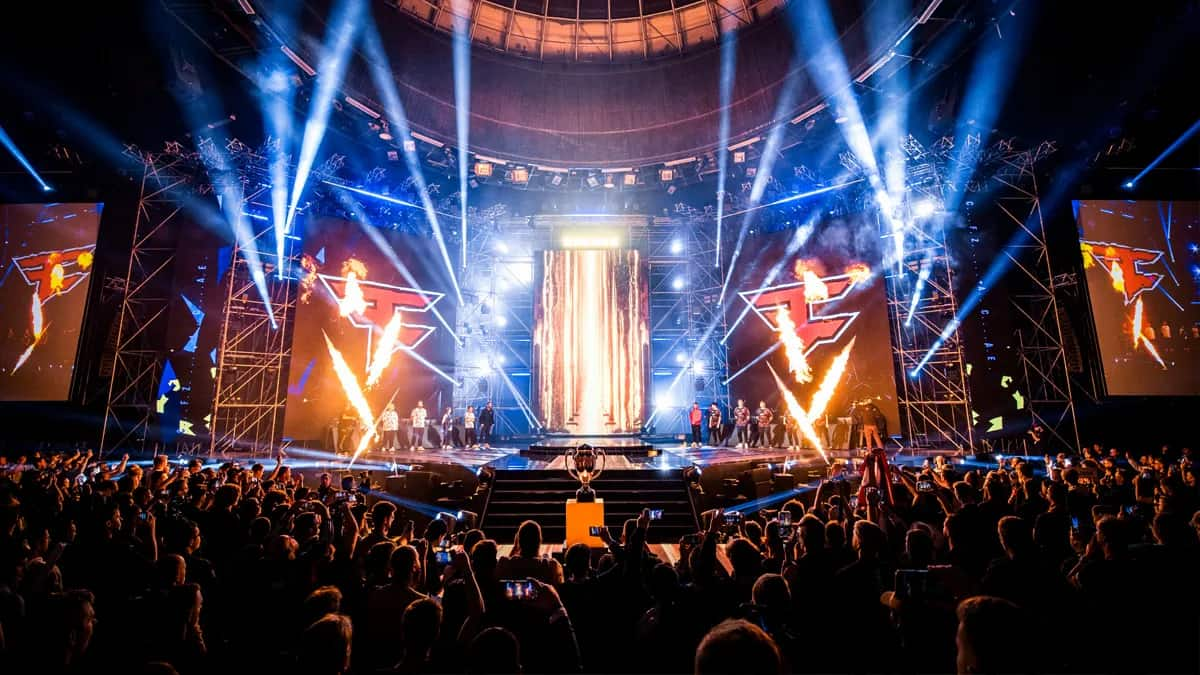
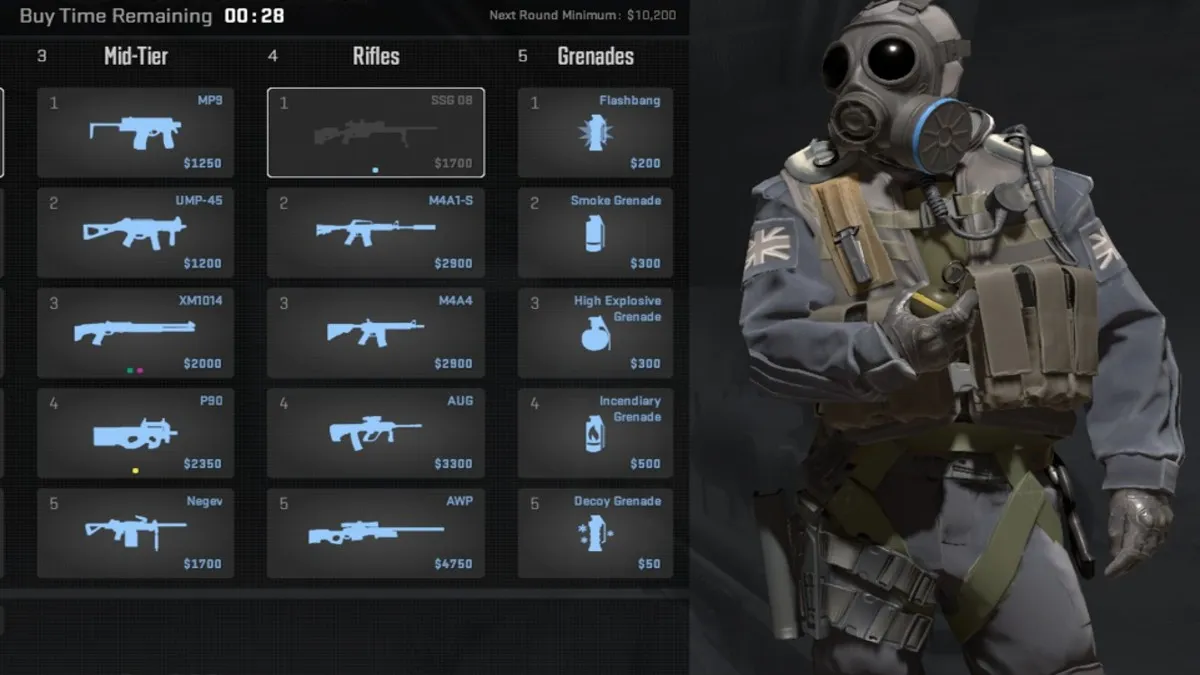
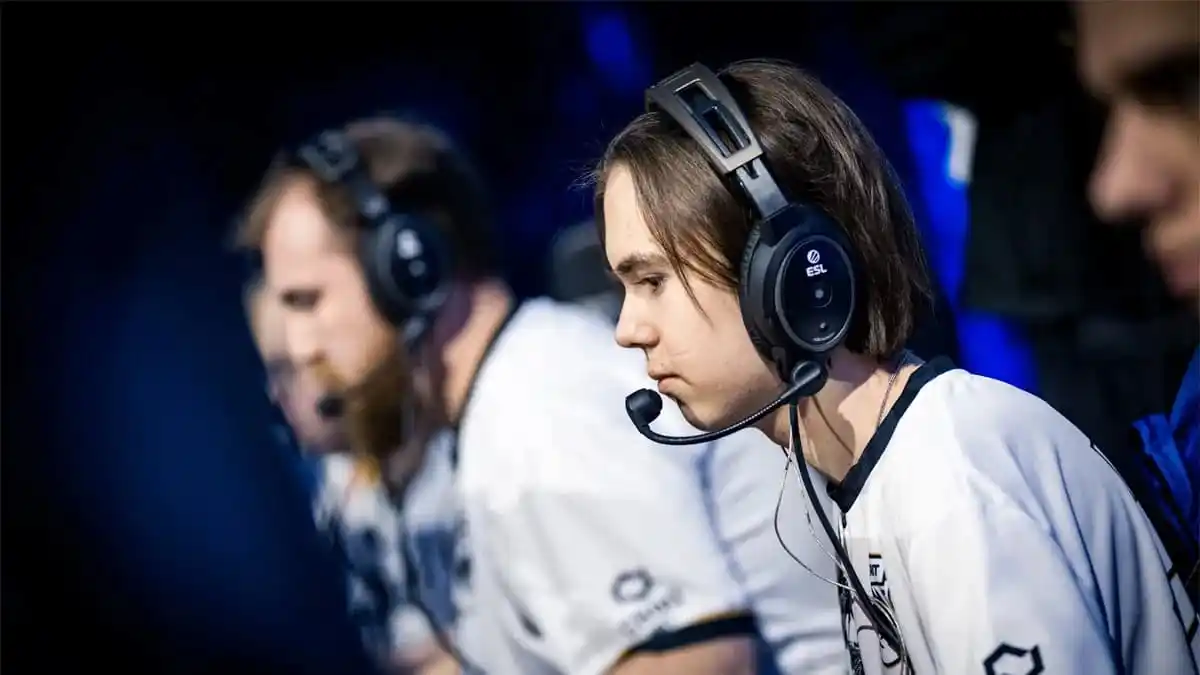
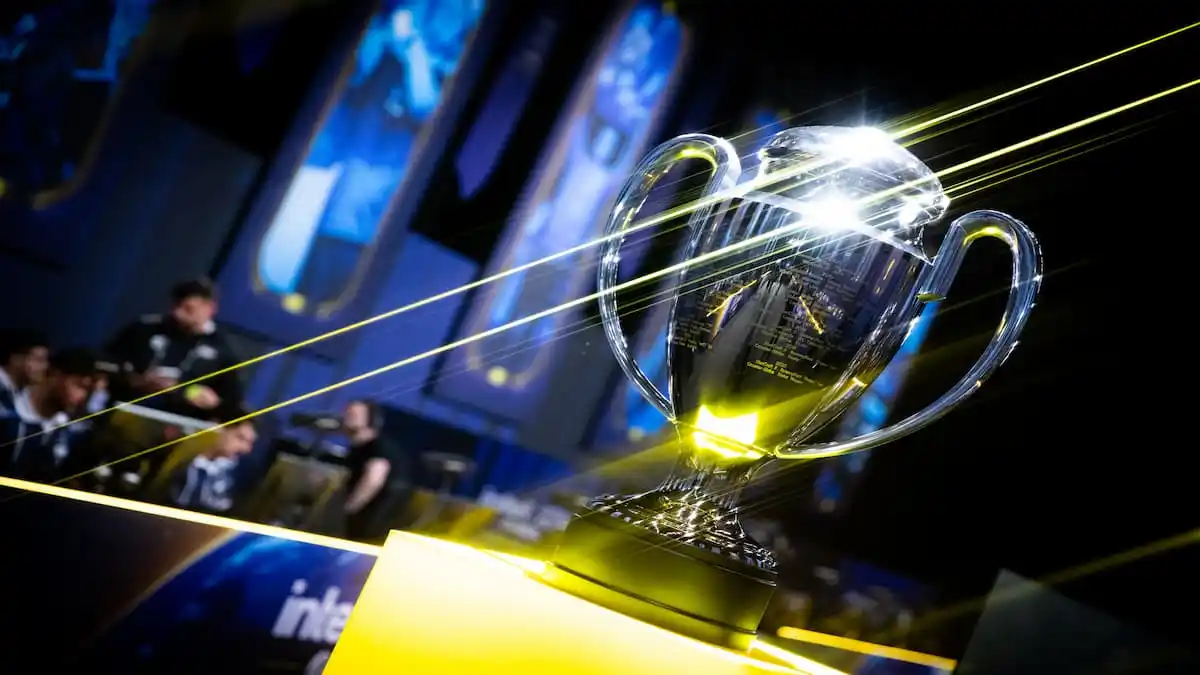
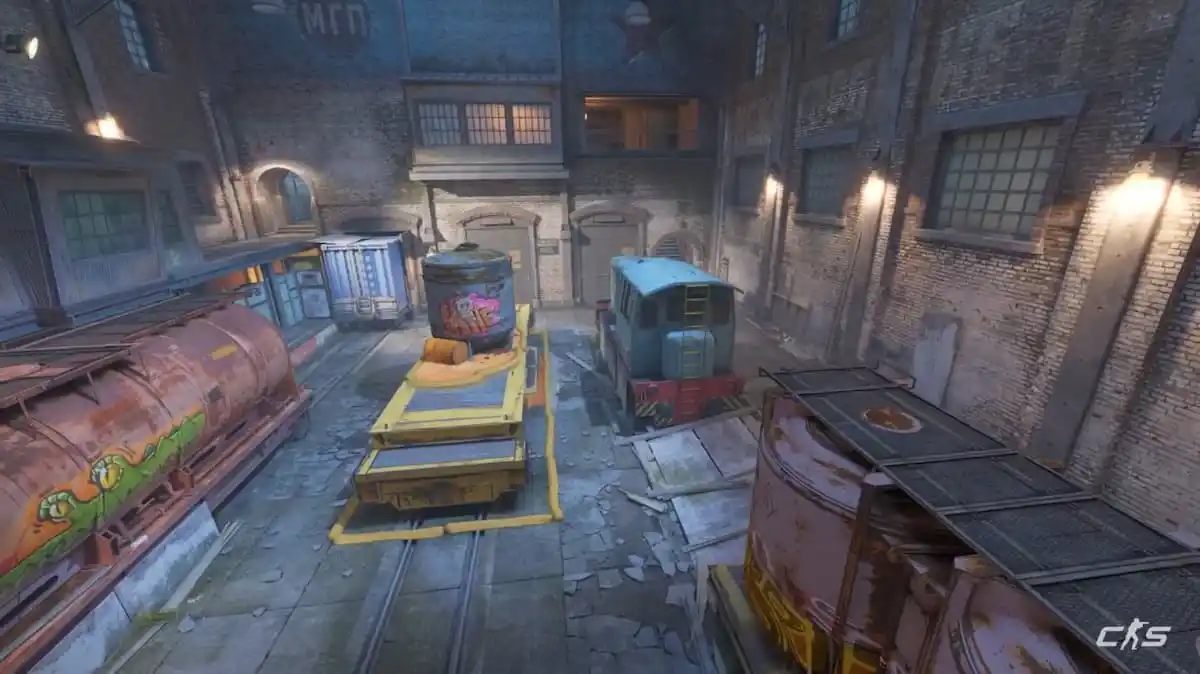
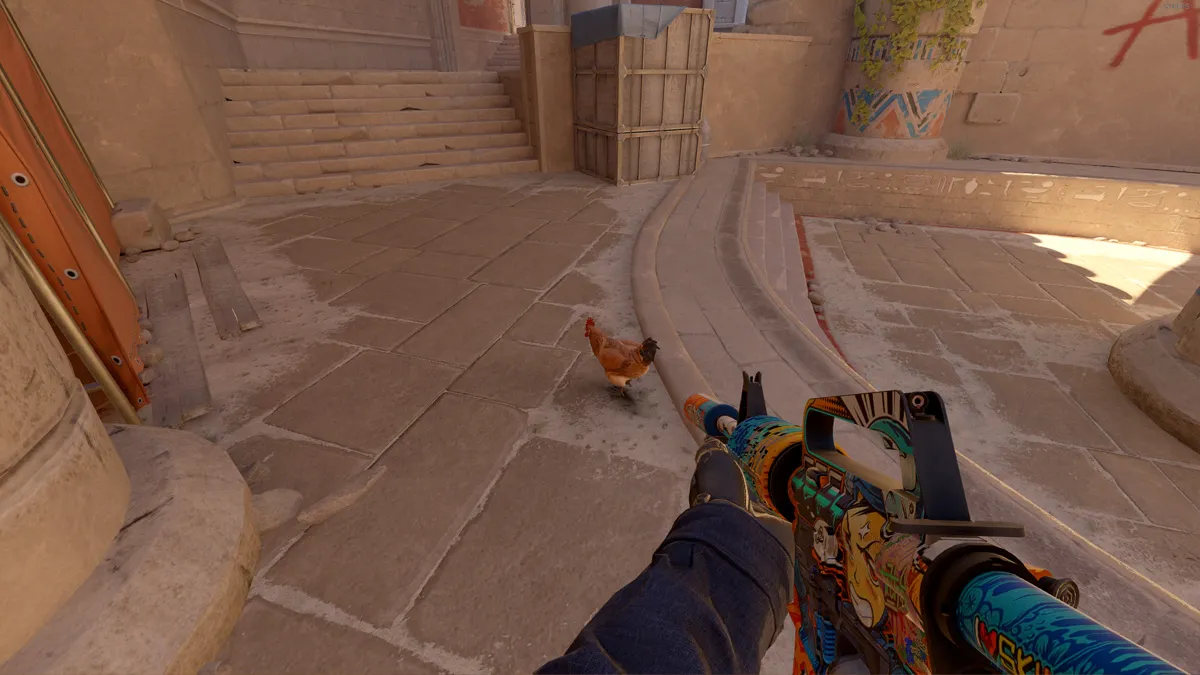
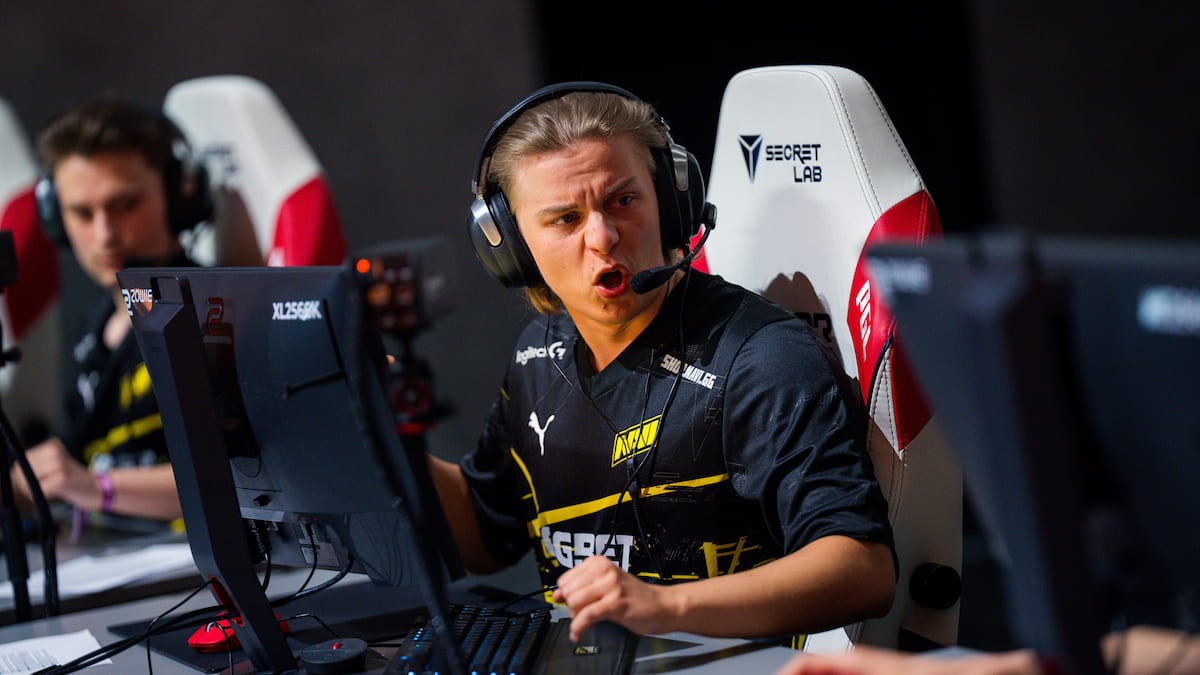
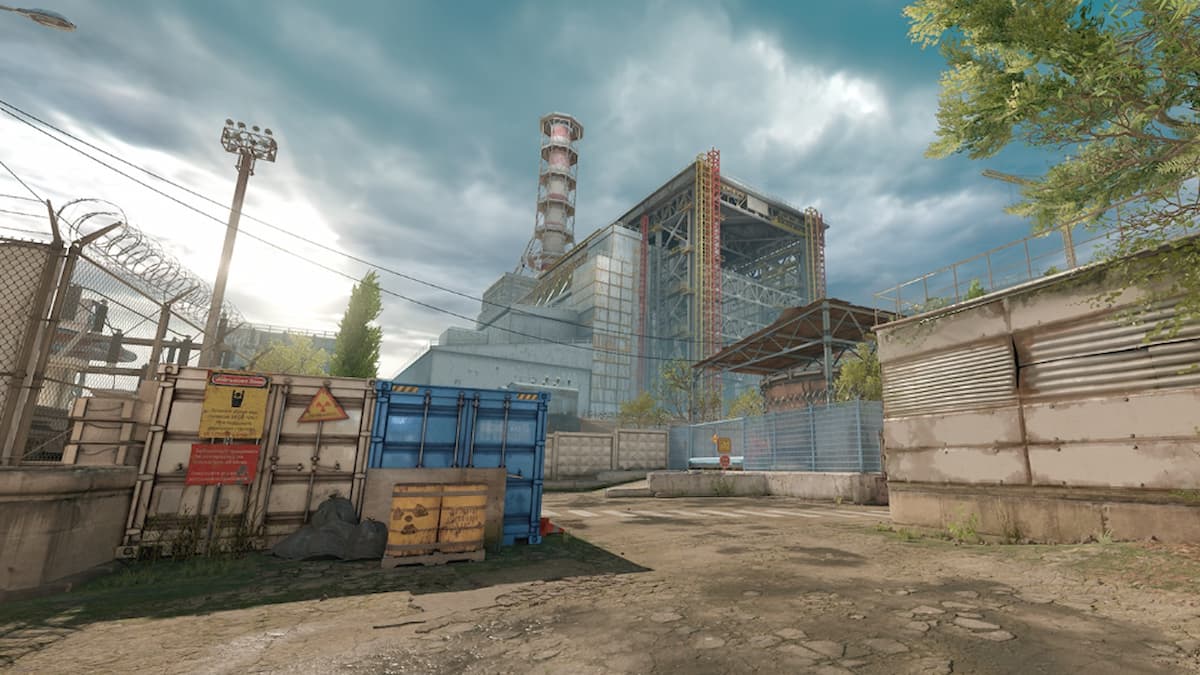
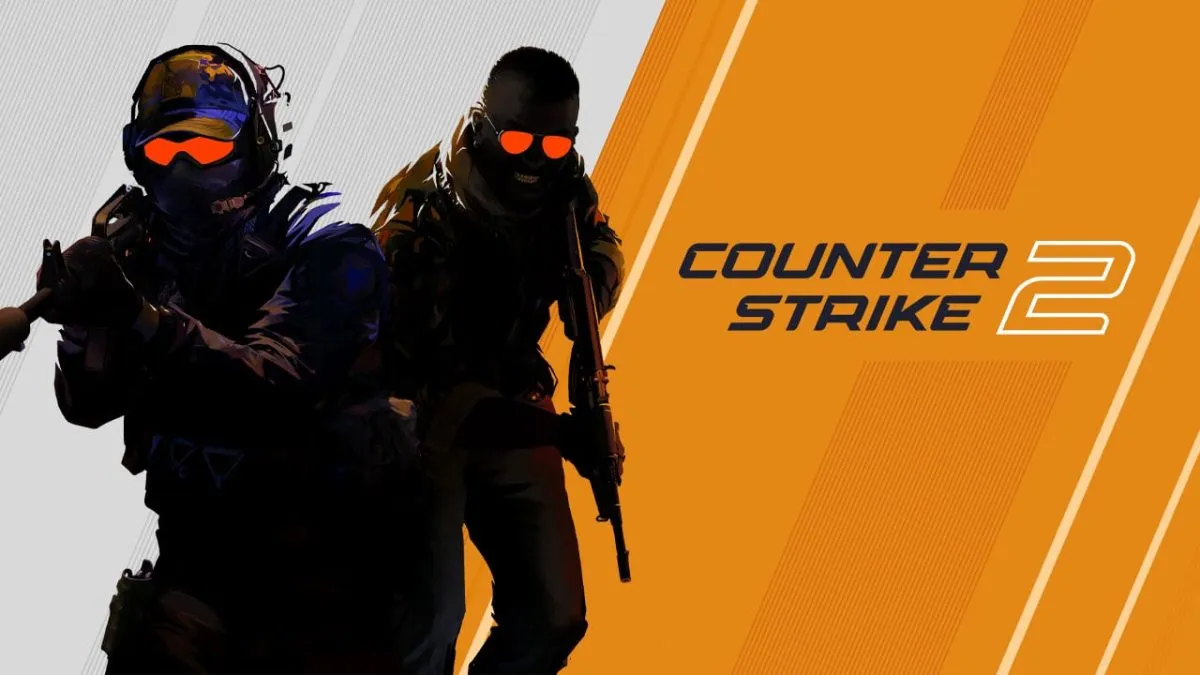
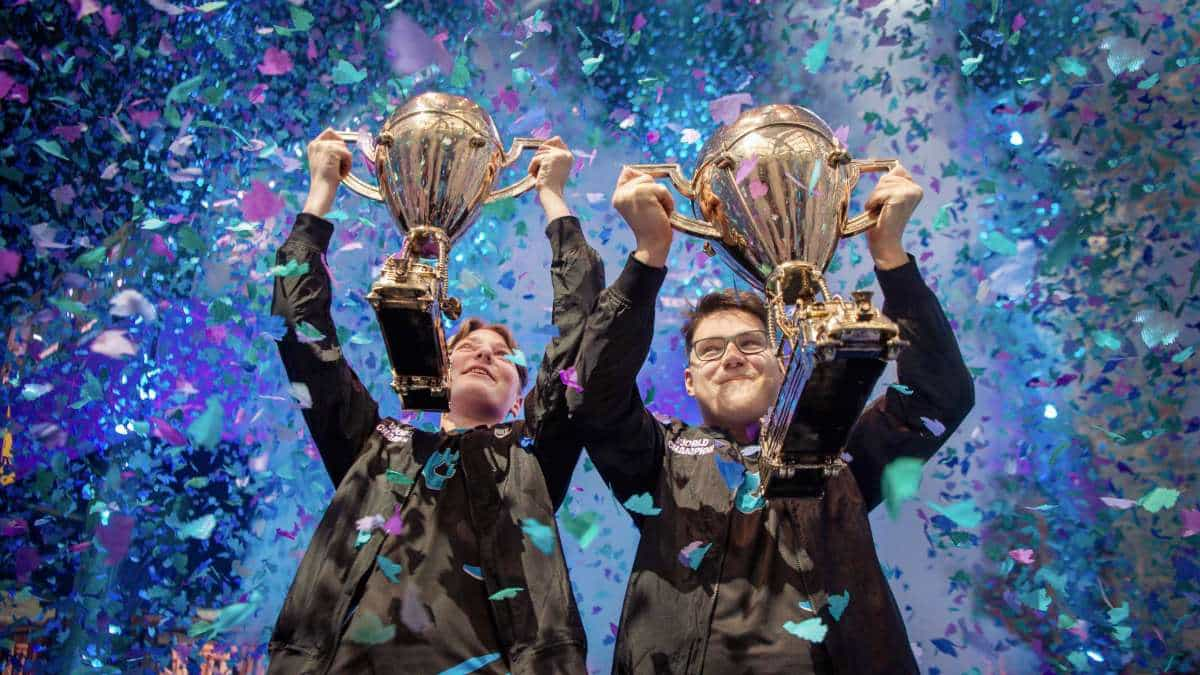
Published: Apr 28, 2015 07:51 am